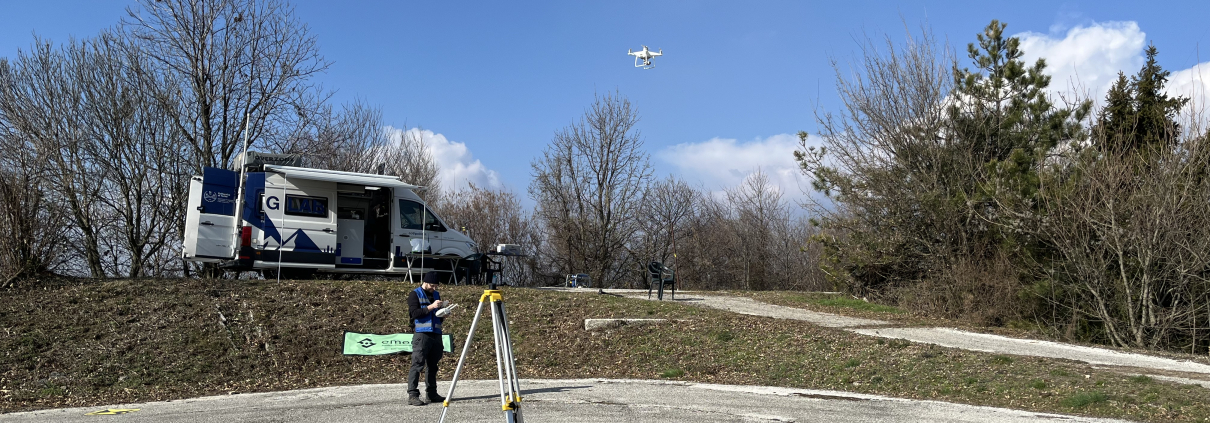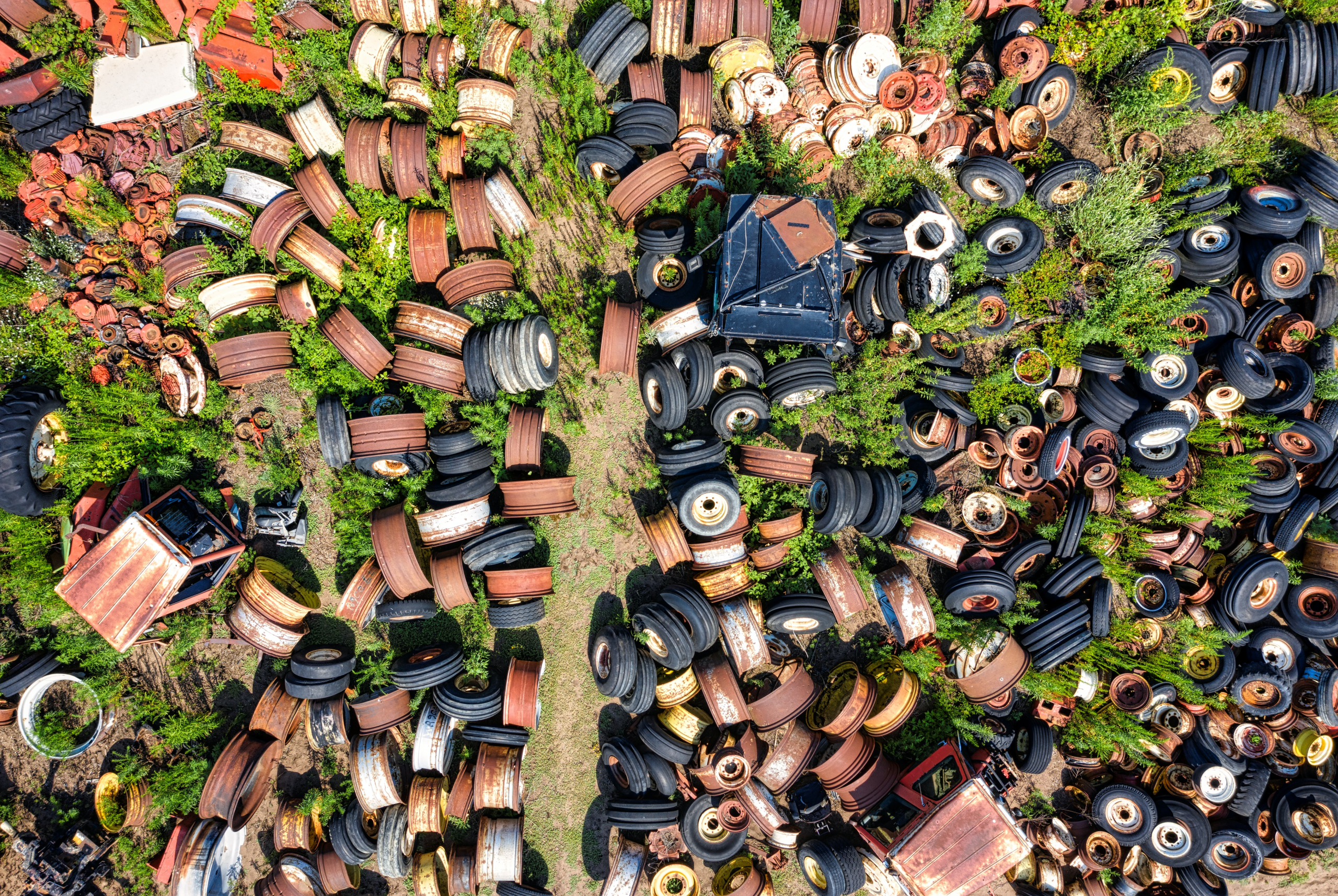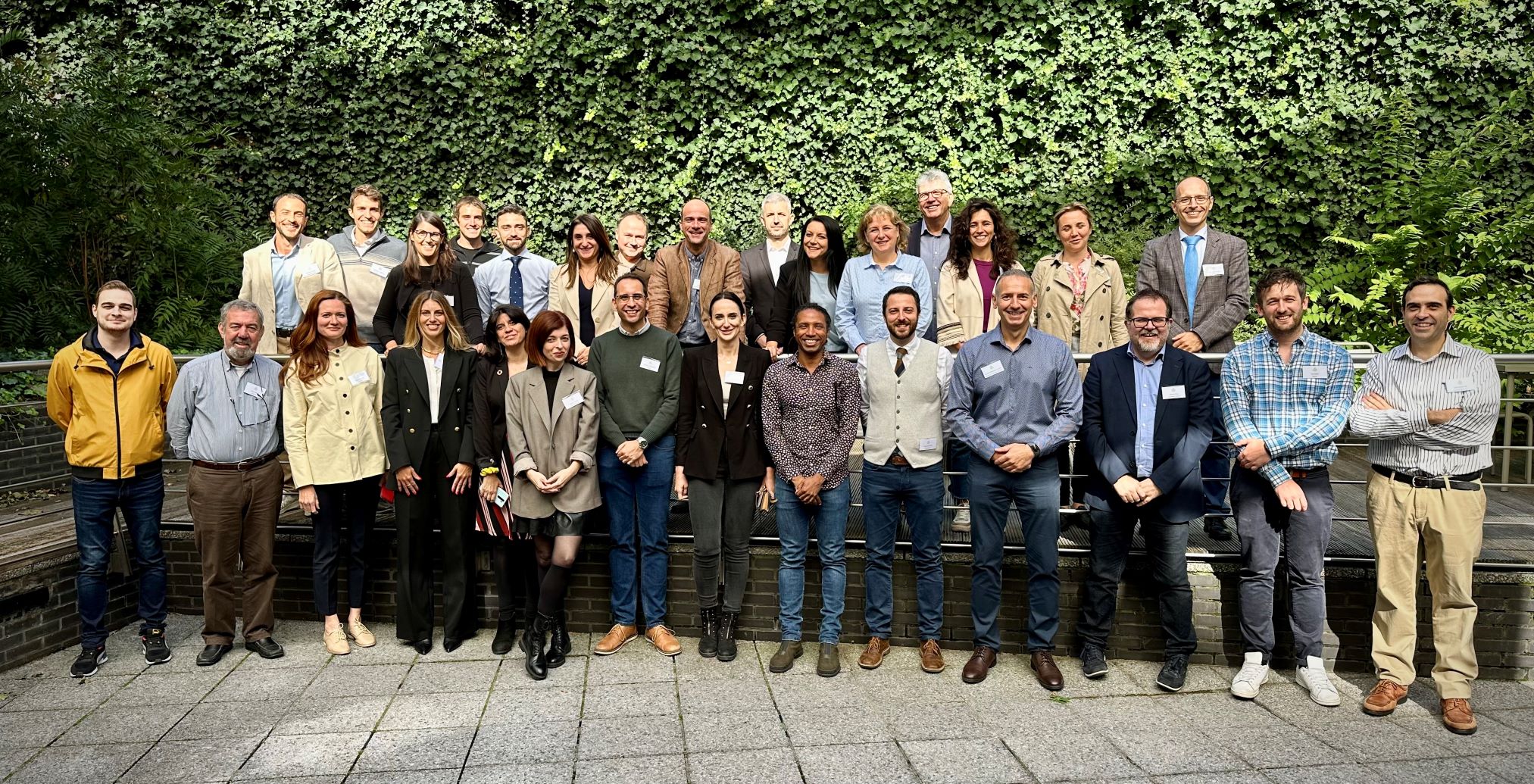EMERITUS training programme is about to begin
Another milestone for the EMERITUS project lies ahead of us; a new training programme CIFAL Malaga will deliver at the EMERITUS June Event held at the former Calvarina base from 25th to 27th June and hosted by Fondazione SAFE.
The training is aimed at police authorities and other security professionals from Spain, Italy, Greece, Romania, Moldova and Kosovo. It is focused on the investigation and prevention of environmental crimes (related to waste), combining theoretical aspects and practical simulations to train end users to use the platform EMERITUS has developed and the related technologies.
These exercises will validate both the platform and the protocol, through simulations based on four realistic Use Cases (heterogeneous and increasingly complex). They will take advantage of the shared willingness of law enforcement (LEAs) and border guard (BGs) authorities to focus on ad hoc demonstration sites, with the additional availability of partners’ simulation facilities. Validation of the platform and protocol will result in the developing of a set of evidence-based recommendations for policymakers and decision-makers.
In order to propose tailored training programmess to the participants, a training needs assessment was carried out to understand current trends in environmental crime training, frequency of training, and topics covered. Tailor-made workshops were held in each participating country with LEAs, border guards, police units and other professionals involved in the fight against and prevention of environmental crime to identify in detail the needs, gaps and emerging trends. Some of the feedback received indicated the need for more focus on the EU legal framework, sampling of contaminated areas, economic damage calculations, use of new technologies and coordination of actions to combat and prevent environmental crime.
Based on these results, a detailed training programme will be carried out, and it will be centred on two main pillars: theoretical knowledge (online and face-to-face) and practical application (physical exercises, tests, demonstrations). The training programme will be delivered in 3 phases, with the 1st phase in Italy covering international environmental principles and international instruments on environmental crime, international and EU legal frameworks on waste and pollution crime, organised crime, corruption and money laundering related to waste and pollution crime, and environmental damage in waste crime. The 2nd stage of the training will take place in Greece and the 3rd and final stage will take place in Malaga, where the CIFAL Malaga/UNITAR certificates will be awarded.
The rationale for the EMERITUS training programme
Environmental crimes despite being very lucrative, have few penalties and are often more difficult to detect compared to other more traditional forms of organised crime. These crimes pose a high risk to the environment, climate and health, and are highly harmful to society as a whole. One of the core outcomes of EMERITUS is the creation of a training programme for police authorities and other security practitioners focused on environmental crimes investigation.
The training programme is intended to improve LEAs/BGs’ specialised knowledge and practical experience in the use of advanced technologies such as drones and satellite images for forensic purposes, in line with a tailored investigation protocol. As such, the training programme will complement the EMERITUS platform as core tool to empower LEA/BGs to actually use the tool in operative conditions.
LEAs and other security professionals need new means, both technological and intelligent, to prevent and combat illegal activities related to the environment, such as illegal dumping of waste, waste trafficking and illegal trade in refrigerants, including ozone-depleting gases and hydrofluorocarbons (HFCs).
Innovative solutions are needed to help law enforcement and other relevant security professionals find pollutants intentionally discharged into land and water (e.g. by developing or improving existing technologies capable of differentiating such substances from non-polluting components, possibly with remote sensing approaches), to detect hazardous waste (e.g. fuel or electronic equipment) and to have a complete intelligence picture of this type of crime (such as the modus operandi of the criminal organizations involved in this type of crime, both online and offline).





